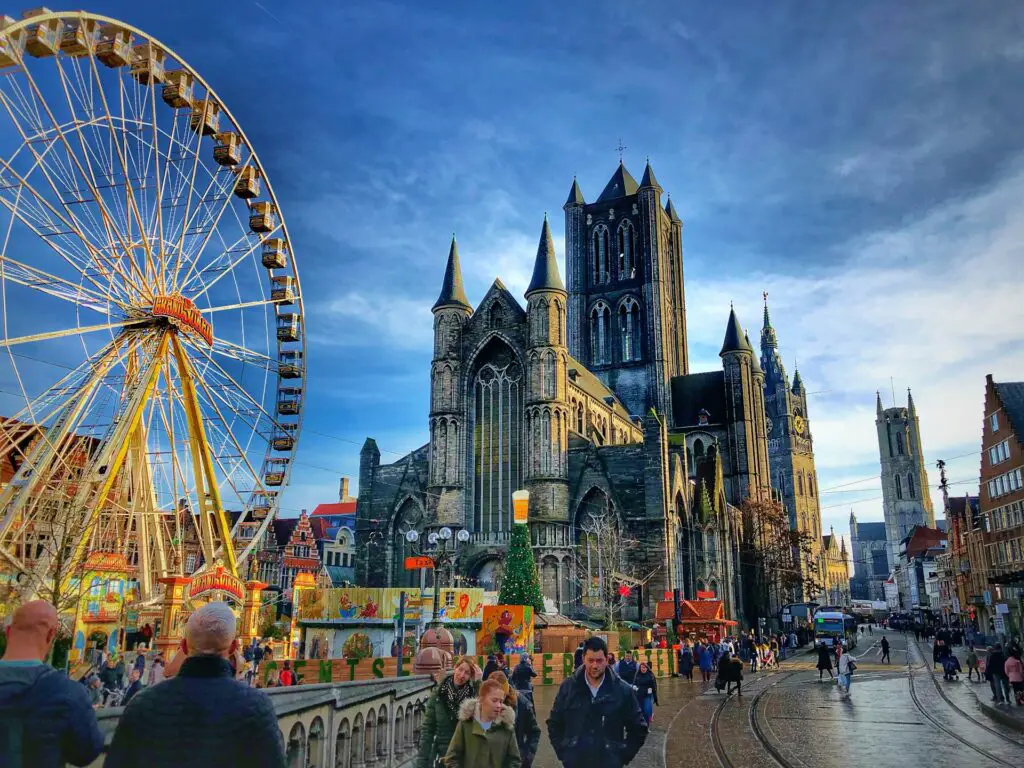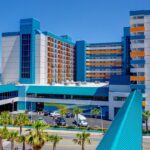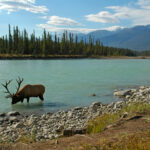Belgium is renowned for its complex linguistic landscape, reflecting the country’s diverse cultural and historical influences. Situated at the crossroads of Germanic and Latin Europe, Belgium hosts a fascinating mix of languages, with three official languages: Dutch, French, and German.
Dutch in Belgium
Dutch is predominantly spoken in the northern region of Belgium known as Flanders. Here, it is the mother tongue of approximately 60% of the population. The variant of Dutch spoken in Belgium is often referred to as Flemish. There are slight differences in pronunciation and vocabulary compared to the Dutch spoken in the Netherlands, but speakers from both countries can easily understand each other.
French in Belgium
French is the main language spoken in the southern part of Belgium, known as Wallonia, except for a small German-speaking community near the border with Germany. It is also widely spoken in Brussels, the bilingual capital of Belgium, where it is the primary language of administration and public life. French-speaking Belgians make up about 40% of the national population.
German in Belgium
German is the least prevalent of the three official languages, spoken by about 1% of the population. Belgium’s German-speaking community is located in the eastern part of Wallonia, in an area known as the East Cantons. This region was annexed by Belgium in 1919, and German has held an official status since 1918.
Bilingualism and Language Policy
Belgium’s approach to language is characterized by its regional language policies. The country is divided into distinct linguistic regions where either Dutch, French, or German is the dominant language. In these regions, public signs, education, and government services are primarily offered in the local language. However, Brussels stands out as a bilingual island, where both Dutch and French have equal status. This has resulted in a unique dynamic where bilingualism is a common feature of the city’s social and professional landscapes.
Linguistic Challenges and Cultural Identity
The linguistic divide in Belgium is also a source of cultural and political tensions, often reflecting deeper regional identities and economic disparities. The Flemish-speaking north tends to be more economically robust compared to the French-speaking south, leading to political strains and discussions about autonomy and governance.
Belgium’s linguistic diversity is more than just a demographic feature; it plays a crucial role in shaping the nation’s identity and politics. The multilingual nature of Belgium poses challenges but also provides a rich cultural tapestry that is integral to understanding the broader European context. For visitors and residents alike, the country offers a unique glimpse into the complexities and beauty of a multilingual society.
The Role of English and Multilingualism
While Dutch, French, and German dominate the official language landscape in Belgium, English has a significant presence, especially in business, higher education, and international diplomacy. In cosmopolitan areas like Brussels, English serves as a lingua franca among expatriates, international business people, and students. Belgium’s strategic role as the host of several European Union institutions and NATO headquarters further elevates the importance of English.
Language and Education
Education in Belgium is organized according to the language regions, which means that the medium of instruction depends on the predominant language of the area. This system reinforces the linguistic divide but also ensures that residents are proficient in their mother tongue. Additionally, there is a strong emphasis on learning multiple languages; students typically learn at least one of the other national languages and English during their schooling, which makes Belgians among the most linguistically skilled populations in Europe.
Language in Cultural Expressions
The cultural impact of Belgium’s multilingualism can be seen in its literature, cinema, and arts, which often draw from and reflect the country’s linguistic diversity. For instance, Belgian literature is published in both Dutch and French, with each community having its own traditions and celebrated authors. Similarly, film and media are produced in all three official languages, catering to different linguistic communities while occasionally crossing linguistic barriers to appeal to a national audience.
Economic and Social Implications
The multilingual nature of Belgium also has significant economic implications. Companies operating in Belgium often require employees who can navigate multiple languages, making language skills a valuable asset in the job market. This demand fosters a workforce that is flexible and culturally aware, contributing to Belgium’s competitive edge in international business and diplomacy.
Socially, while the different linguistic communities generally live in harmony, the language divide can sometimes amplify regional differences and contribute to political complexities. For example, federal elections often reflect linguistic lines, with political parties largely operating within one language community.
Looking Forward: Challenges and Opportunities
Belgium’s linguistic landscape, while rich and diverse, presents ongoing challenges in terms of national cohesion and governance. The federal system allows for substantial autonomy among the regions and communities, but it also requires constant negotiation and compromise to ensure effective governance.
Despite these challenges, Belgium’s approach to multilingualism is also seen as an opportunity. It serves as a model for the European Union’s ideals of diversity and cooperation, and it offers lessons on accommodating linguistic diversity in a globalized world.
Belgium’s experience with multilingualism is multifaceted, impacting its culture, politics, and economics. The ability to manage and celebrate this linguistic diversity is not just a domestic matter but one that has broader implications for Europe and beyond. As such, Belgium continues to be a fascinating study in the power and complexities of linguistic diversity in a modern state.







